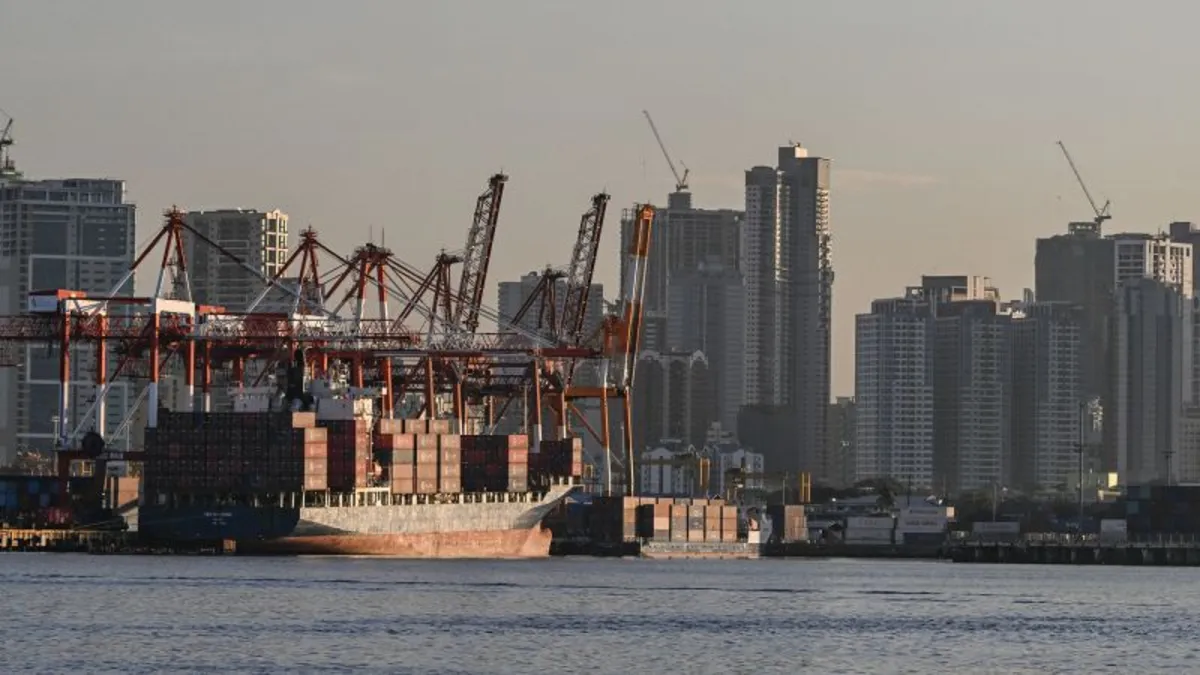
On Tuesday, President Donald Trump announced that he and President Ferdinand Marcos Jr. of the Philippines have successfully reached a new trade agreement. This development took place shortly after Trump revealed further details regarding a similar agreement with Indonesia. Both agreements stipulate a 19% tariff on goods imported from these nations, which will be the responsibility of American businesses, while exports from the United States to these countries will remain tariff-free.
Trump's announcement regarding the agreement with the Philippines followed a meeting with President Marcos Jr. at the White House. In a post on his social media platform, Trump described the visit as "beautiful" and confirmed that they had concluded their trade deal. However, it remains unclear whether the two leaders formally signed any documents during their meeting. As with other recent trade announcements, specific details about the agreement were initially scarce.
This agreement with the Philippines is notable as it marks the fifth trade deal Trump has secured in just three months. However, no new information has surfaced regarding the agreement with Vietnam, which was announced earlier this month, leaving many to wonder about the lack of transparency from administration officials on this matter. In April, Trump and his administration had promised numerous trade deals after pausing "reciprocal" tariffs, but their recent emphasis has shifted towards the quality of these agreements rather than sheer quantity.
Trump has been vocal about his intentions to impose significant tariffs on various trading partners, threatening rates as high as 50% and introducing a 50% copper import tax set to take effect next week. He has maintained a firm stance on the August 1 deadline for countries to finalize trade agreements, warning that failure to comply could result in higher tariffs. However, investor reaction to these threats has been largely dismissive.
Earlier on the same day in the Oval Office, Trump expressed caution regarding the trade deal with Marcos, stating that he was not yet ready to finalize it because “he’s negotiating too tough.” Nevertheless, he indicated that they would “probably agree to something.” This agreement is somewhat unique, as it contrasts with other countries with whom Trump has negotiated, where agreements typically involve lower tariff rates compared to the levels he has threatened.
In April, goods from the Philippines faced a minimum 17% reciprocal tariff, which Trump later paused. Recently, he threatened a 20% tariff on Philippine goods set to take effect on August 1. According to the US Commerce Department, the United States imported $14 billion worth of goods from the Philippines last year, with top imports including computers, electronics, processed foods, and apparel. Conversely, the US exported $9 billion worth of goods to the Philippines, also focusing heavily on electronics and processed foods.
Trump also announced a comparable agreement with Indonesia last week, which carries the same tariff conditions as the Philippines deal. On Tuesday, further details were disclosed in a joint statement issued by the United States and Indonesia. Trump stated, “It is my Great Honor to announce our Trade Agreement with the Republic of Indonesia, as represented by their Highly Respected President, Prabowo Subianto,” via his Truth Social platform.
Administration officials emphasized the importance of non-tariff trade barriers that Indonesia has committed to modifying. These changes include eliminating taxes on digital service revenue, such as advertising on streaming and social media platforms, and removing "pre-shipment inspection or verification requirements" for American goods—particularly beneficial for farmers looking to export their products. Additionally, Indonesia agreed to adopt US Federal Motor Vehicle Safety Standards and to remove export restrictions on critical minerals.
In April, goods from Indonesia briefly faced a 32% tariff before Trump paused the "reciprocal" tariffs. For the past three months, countries subject to these tariffs have been charged a minimum of 10%, a situation set to conclude on August 1. According to the US Commerce Department, Indonesia ranks as America's 23rd largest trading partner, with the United States importing $28 billion worth of merchandise from the country last year, primarily focusing on apparel and footwear. The US also exported $10 billion worth of goods to Indonesia, including oilseeds, grain, and oil and gas.